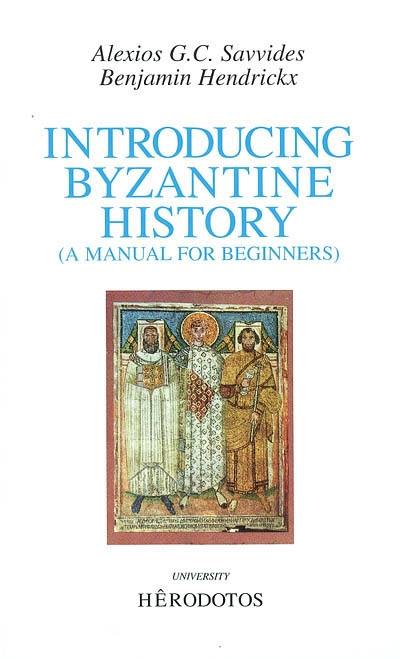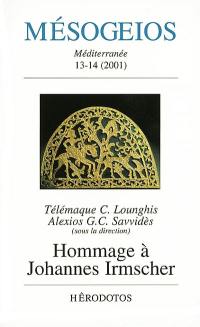
Fiche technique
Format : Broché
Nb de pages : 254 pages
Poids : 400 g
Dimensions : 16cm X 24cm
EAN : 9782911859137
Introducing Byzantine history
a manual for beginners
Quatrième de couverture
Byzantium, or City of Constantine - Constantinople, the «New Rome» of the Eastern Empire, was to become from the early fourth century A.D. the capital of the Byzantine or medieval Greek Empire, destined to play a predominant rôle in the historical evolution of the peoples and nations of the southeastern Mediterranean basin for approximately eleven-and-a-half centuries until, shortly after the middle of the fifteenth century, another great power, the Ottoman Turks, arriving from the East, replaced the Byzantine Empire in this crucial area. In the course of its long duration, the Byzantine Empire managed to survive during countless external threats from West, North and East, amidst many internal turbulences. On a parallel basis, it succeeded in creating a great self-sufficient culture and civilisation, with extraordinary achievements in letters, sciences and the arts. The basic characteristics of this unique civilisation were not only its ancient Hellenic and Hellenistic heritage as well as its Greek Orthodox religious tradition, but also its penetrating social, institutional, economic and cultural changes and reformations, which brought about the gradual transformation of the later Roman into a distinctly medieval Greek state. The Byzantine Empire's commencement inaugurates the history of medieval Hellenism, while its eventual collapse coincides with the dawn of modern Hellenism through the difficult centuries of Ottoman domination.






